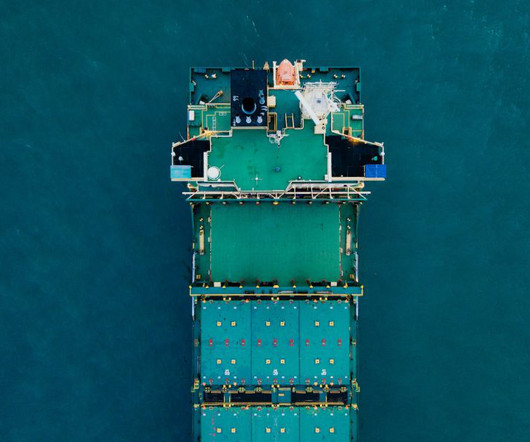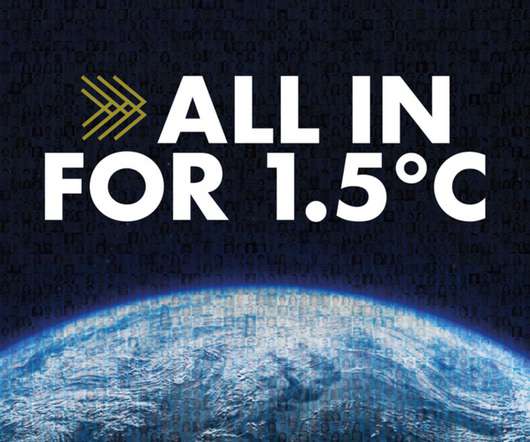Creativity and Collaboration Vital to Finance Nature
Chris Hall
MARCH 31, 2023
Mobilising new capital and working to re-direct existing capital is a vital part of efforts to create a Brazilian – and global economy – that is fit for the long term. It’s part of our fiduciary duty to be at the forefront of efforts to scale up and re-allocate capital.












Let's personalize your content